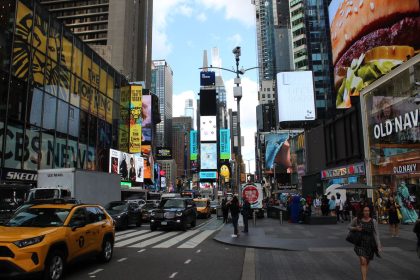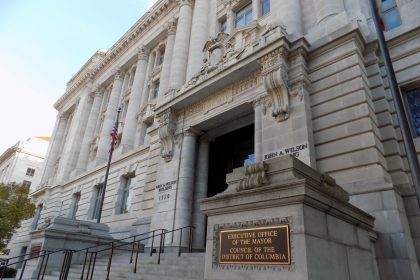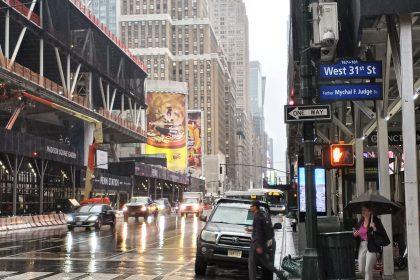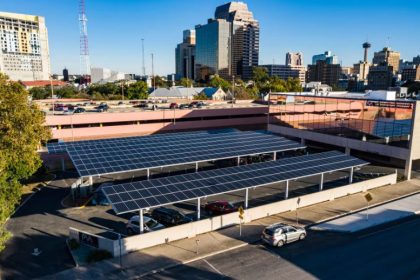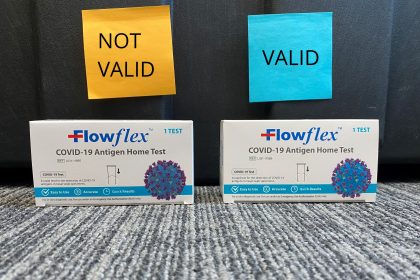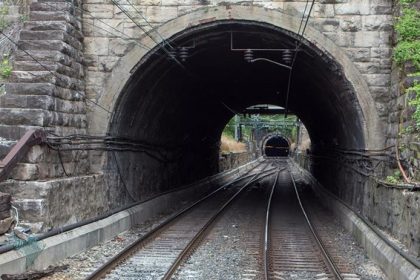City of Charlotte Launches Battery Electric Bus Pilot Program
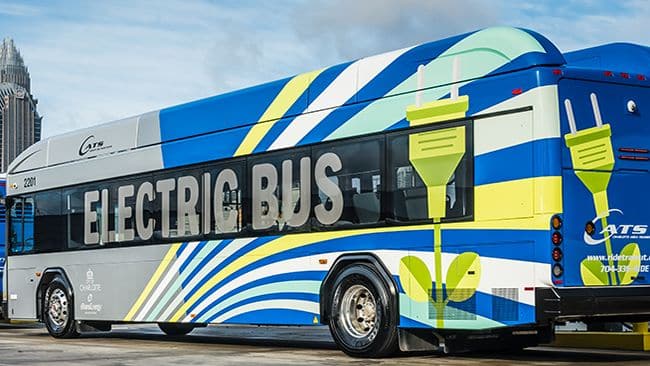
CHARLOTTE, N.C. — The city of Charlotte has launched an electric bus pilot program in cooperation with the Charlotte Area Transit System and eTransEnergy.
The pilot initiative, called the Battery Electric Bus pilot program, electrifies a portion of the transit system’s bus fleet, a move seen as the first step toward a full transition to a zero-emissions bus fleet.
The pilot program will also allow the transit system to collect data and assess vehicle performance while operating on Charlotte’s identified Corridors of Opportunity throughout the greater Charlotte metropolitan area.
The Corridors of Opportunity program supports equitable investment and holistic neighborhood revitalization in six key corridors within the city. Projects within the program areas prioritize economic development, affordable housing, community safety, infrastructure and beautification in these corridors.
The electric bus pilot program was approved by the Charlotte City Council in 2021, and is expected to last between 12 and 18 months. The first of the buses hit the road in March.
“We are doing something in Charlotte to be admired and praised,” said Charlotte Mayor Vi Lyles in a written statement. “Our commitment to the Strategic Energy Action Plan really makes a difference.
“Our city fleet and facilities have a goal to be powered by 100% zero-carbon sources by 2030. That is really significant as a commitment to this community, and I know we have much more to do, but this is an important step,” Lyles said.
The city’s Strategic Energy Action Plan sets a community-wide goal for Charlotte to become a low-carbon city by 2050.
“We appreciate working with CATS and the city of Charlotte to advance the city’s clean energy future,” said Brian Savoy, Duke Energy executive vice president and chief strategy and commercial officer. (eTransEnergy is a subsidiary of Duke Energy.)
“Fleet electrification is a key component of our own clean energy transformation goal to reach net zero by 2050, and we look forward to working together on this pilot and eventually on newer and more exciting ways to lower carbon emissions here in our beautiful hometown,” Savoy said.
Over the course of the pilot program, the transit system will receive a total of 18 BEB vehicles from two manufacturers: Gillig and New Flyer. The charging infrastructure is coming from two other manufacturers: ABB and Siemens.
To support the initiative, the transit system secured a Low or No Emissions Program grant from the Federal Transit Administration, which is funding six of the 18 buses. The other 12 buses are funded through the transit system’s Capital Investment Program.
The pilot program also received technical support through the Bloomberg Philanthropies American Cities Climate Challenge, which provides cities with resources to take action to reduce pollution that contributes to climate change and negatively impacts public health.
Dan can be reached at [email protected] and at https://twitter.com/DanMcCue


















